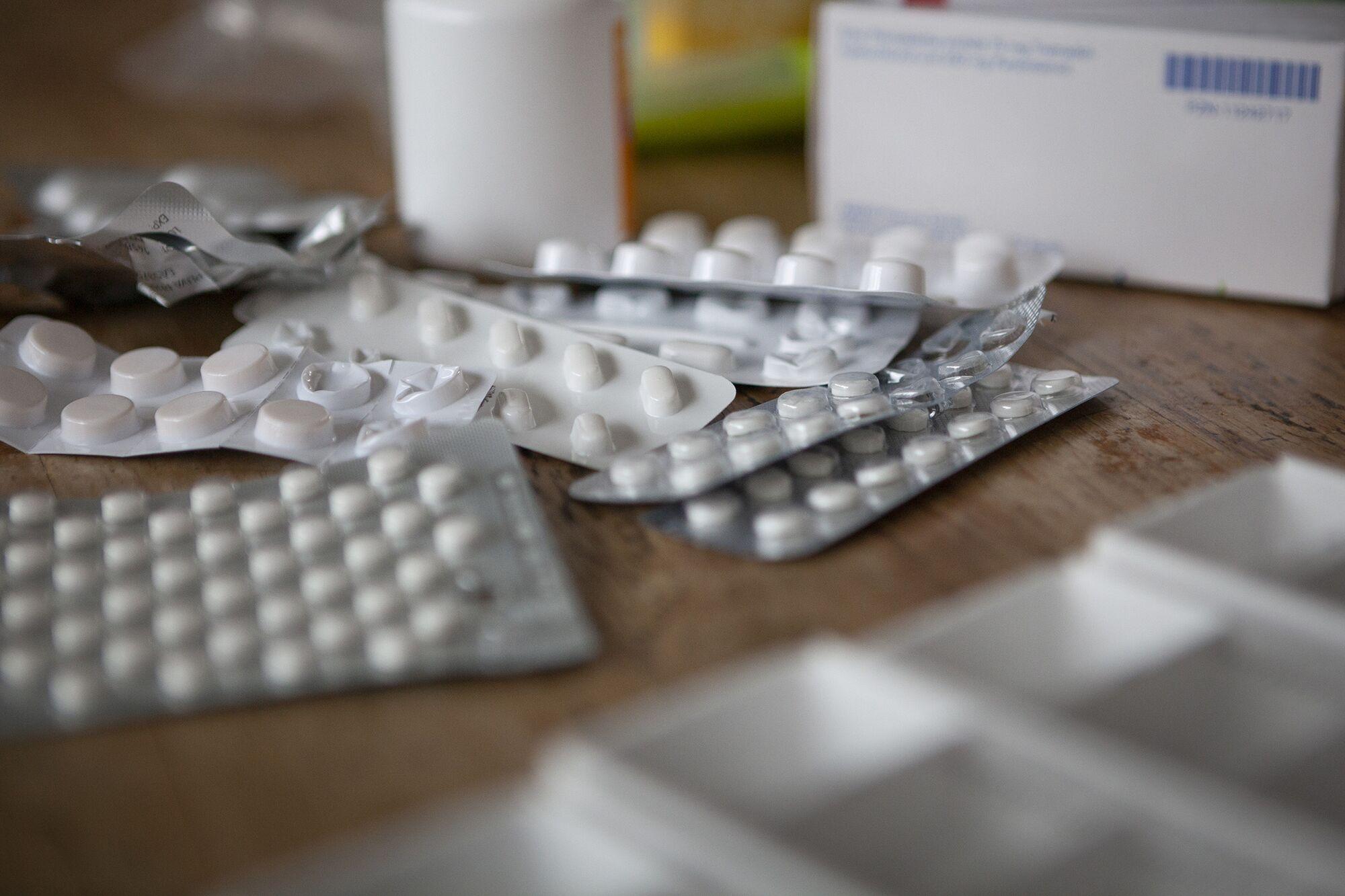Related Stories
Americans Are Paying Billions to Take Drugs That Don’t Work
Key Excerpts from Article on Website of Bloomberg

Posted: April 29th, 2024
https://www.bloomberg.com/news/articles/2024-04-15/cancer-al...
One ALS drug made $400 million in sales for its maker. It doesn’t work. A cancer treatment brought in $500 million. That one turned out to have no effect on survival. A blood cancer medication made nearly $850 million before being withdrawn for two of its uses. That drug had been linked to patient deaths years prior. All of them were allowed to be sold to Americans because of the US Food and Drug Administration’s drive to get new drugs to patients quickly — sometimes even before they’re done testing. Drug companies are profiting, though. Since 2014, they’ve made at least $3.6 billion in global sales of medications that have either later been shown to be ineffective or had most or all of their uses withdrawn in the US. There are a number of ways a drug company can get its treatment to patients faster: There’s the “priority review” pathway, then “fast track,” “accelerated approval” and “breakthrough therapy.” The majority of new drugs in the US are approved through one or more of these sped-up pathways. Last year two thirds of all new drugs reached the market this way. One of the problems is that sometimes drugmakers resist pulling a drug off the market, even after it’s obvious it doesn’t work. Makena, a drug to reduce the risk of premature birth, received a sped-up approval in 2011. Eight years later, a large trial found it didn’t work. Yet it took another four years for the FDA to force it off the market. Makena ... generated over $1.6 billion in sales.
Note: The US spends the most on health care but has the worst health outcomes among high-income countries. More than half of children now have chronic health conditions. What is behind this? For more along these lines, see concise summaries of important news articles on Big Pharma corruption and health from reliable media sources.
Related Stories
Latest News
Key News Articles from Years Past













































































